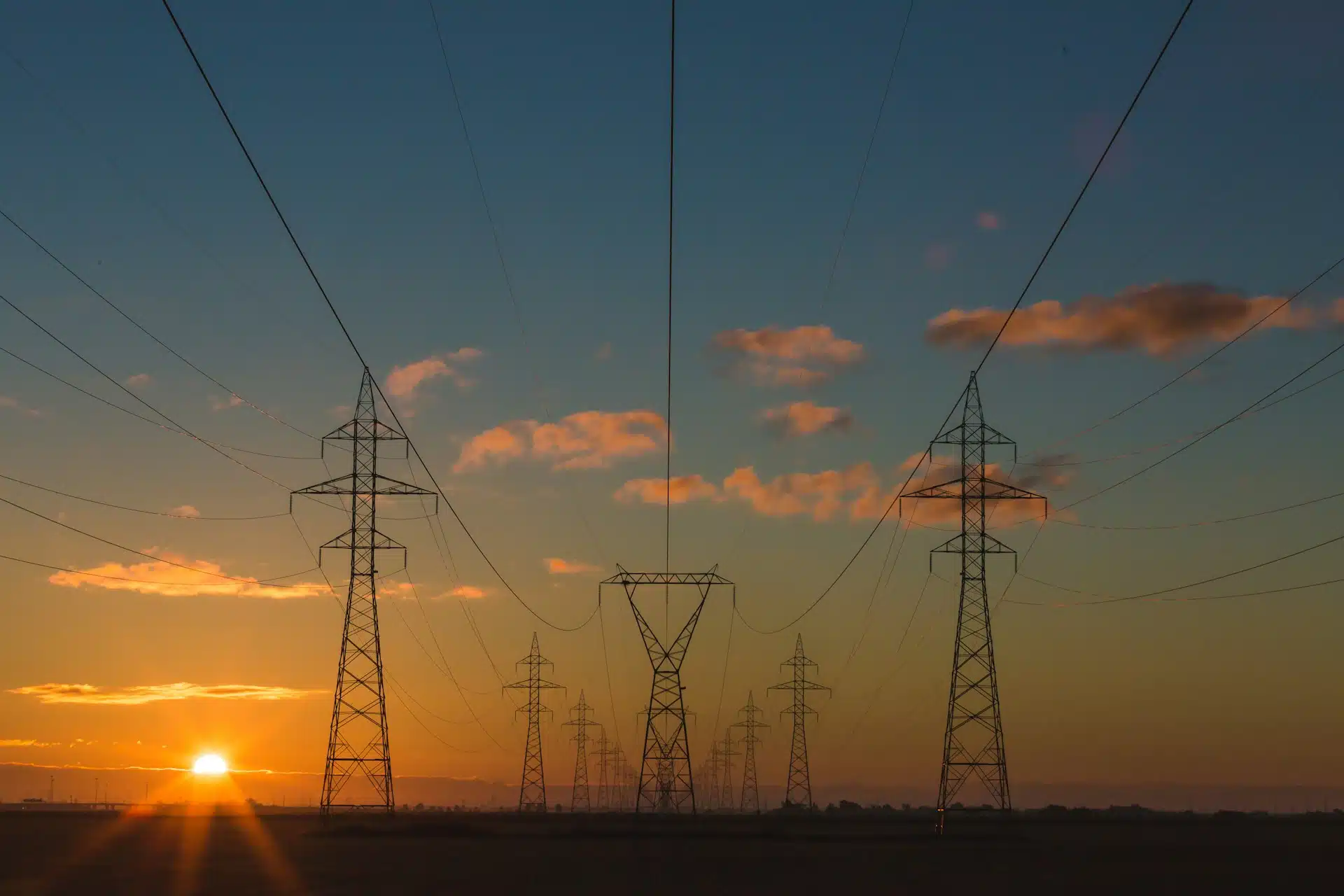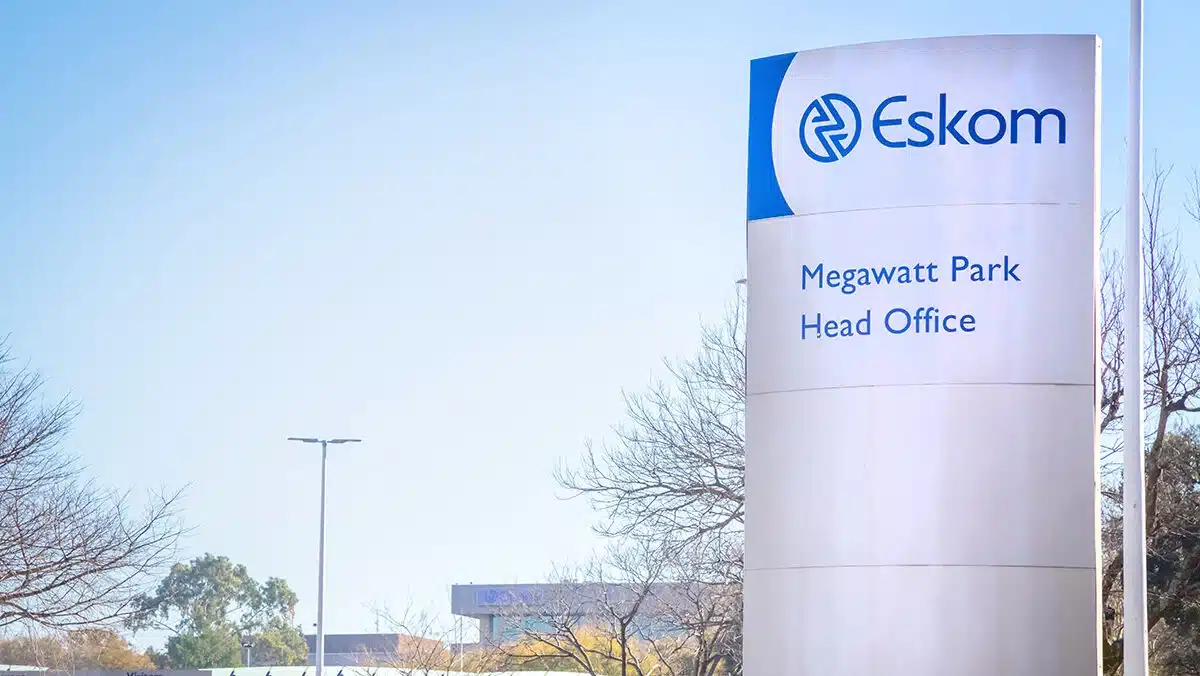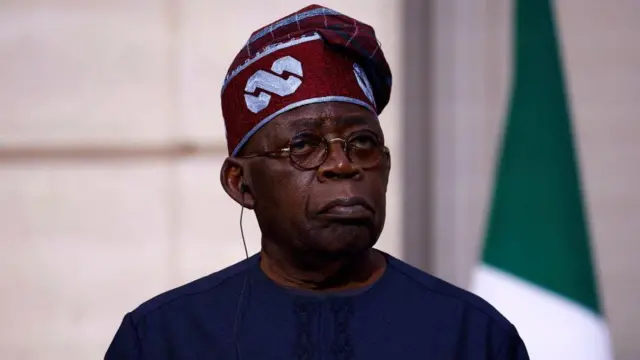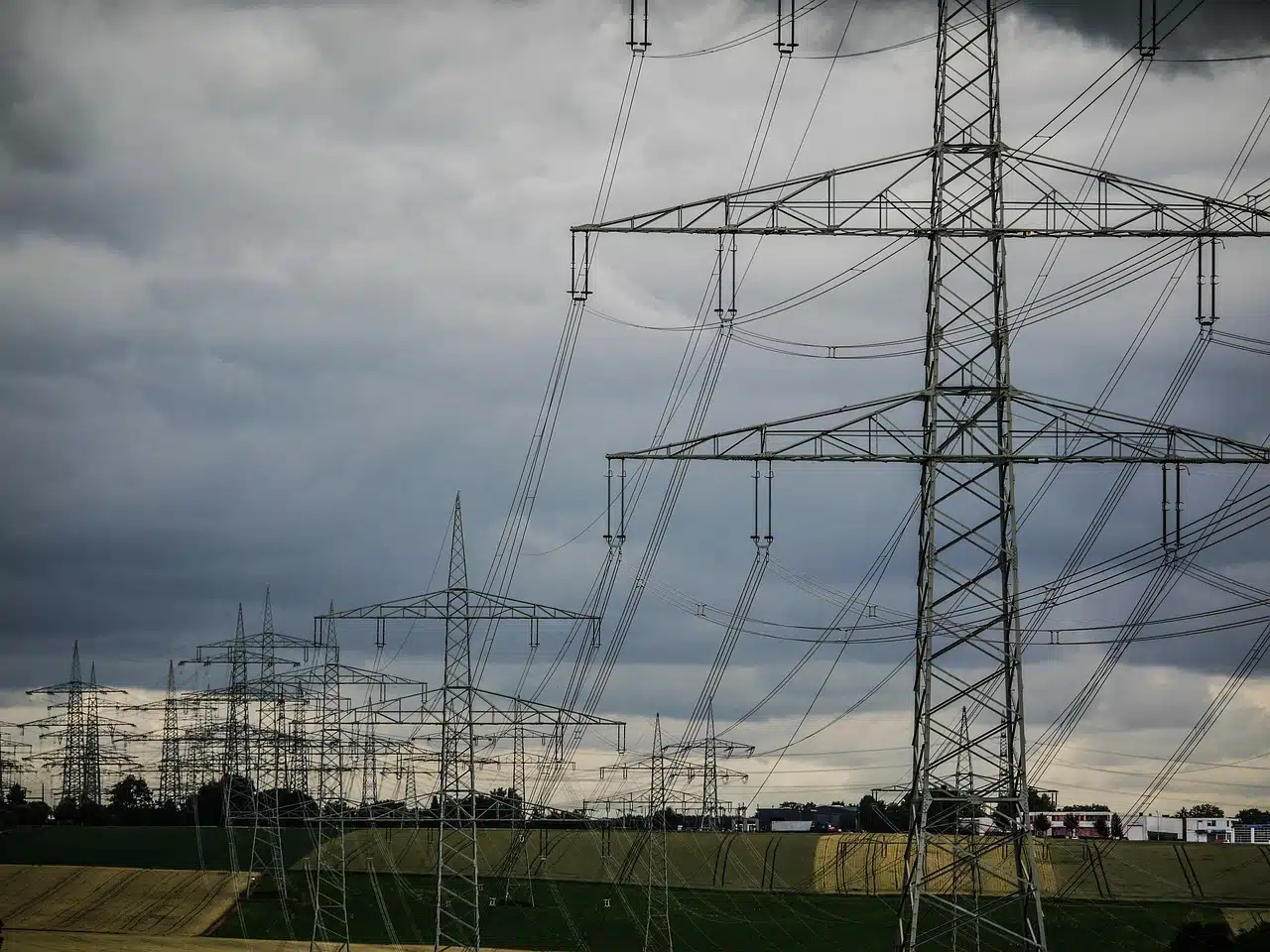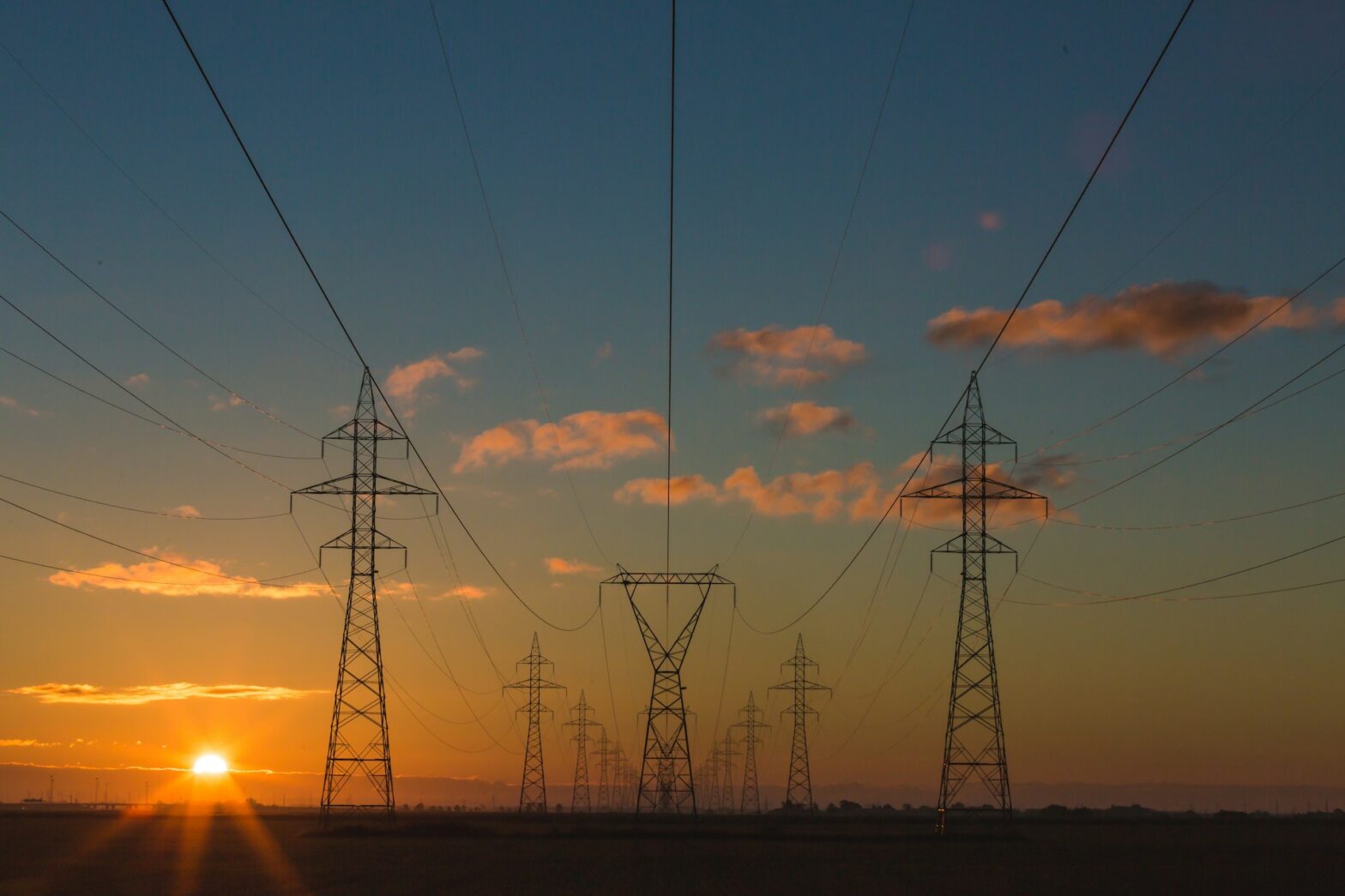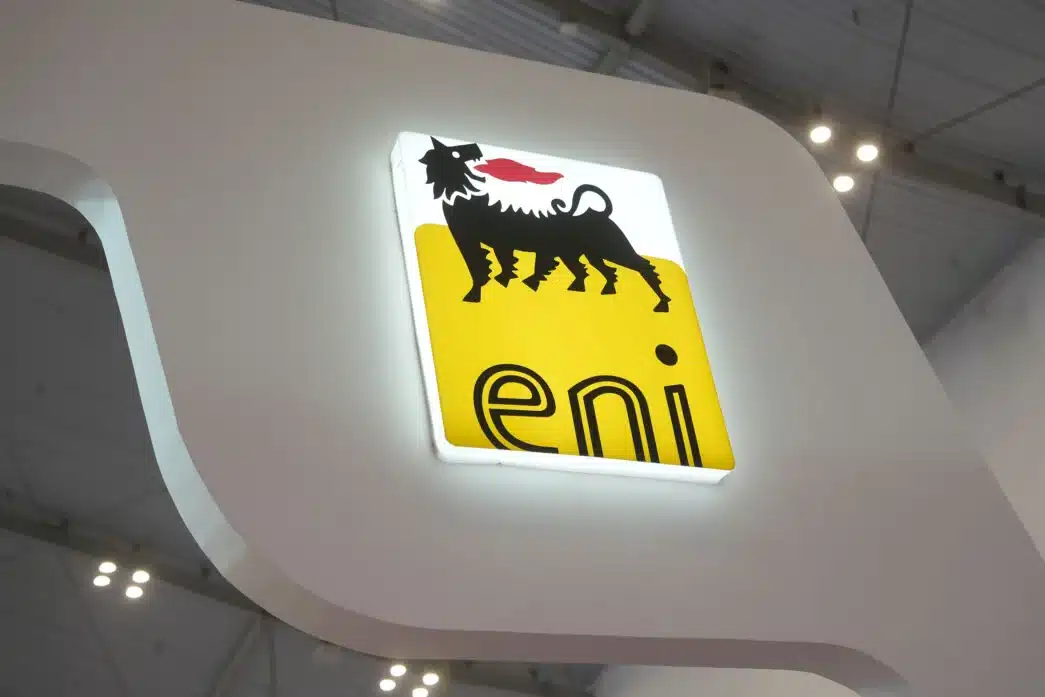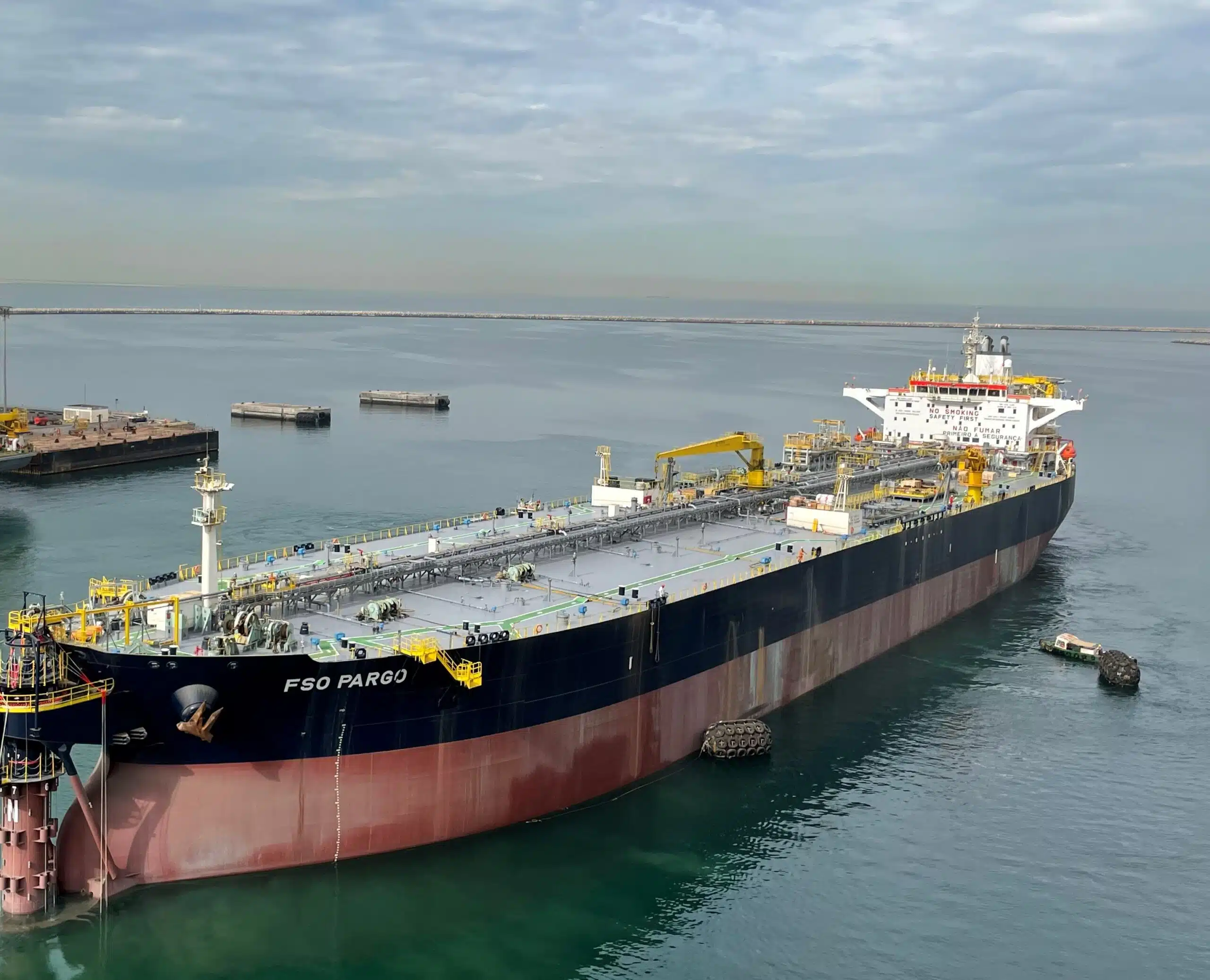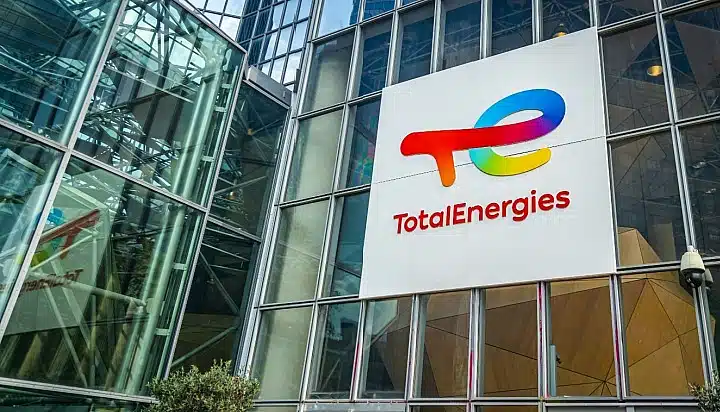Ghana’s President, John Mahama has said the country should be able to reduce its debt of $2.5 billion owed to independent power producers and gas suppliers before the end of 2025.
Speaking at the Africa CEO Forum in Abidjan, Ivory Coast, President Mahama said the debt burden owed to power companies would be resolved.
“I’m sure by next year, our partners would be happy because we would have dealt appropriately with the debt overhang,” President Mahama said.
Last year, Ghana reached an agreement with independent power producers to restructure legacy debt of around $1 billion as part of efforts to deal with its overall debt burden.
President Mahama said Ghana’s state-owned utility Energy Company of Ghana (ECG) was inefficient in collecting revenue and was accruing losses of about 40%.
The president proposed bringing the private sector into the billing process so the country would be able to pay for its electricity.
“People are queuing up, I said they should wait. We’re going to do expressions of interest,” President Mahama said when asked about interest from private investors.
The cabinet will decide whether Ghana should have one or multiple partners working on the billing, he said, adding that there must be local participation.
Just last month, Ghana increased its electricity tariffs by 14.75% in response to exchange rate adjustments and inflation projections.
Ghana’s energy transition plans
At the Africa CEO’s Forum, President Mahama discussed Ghana’s current renewable energy gap and the country’s ambitions to close it.
“We’re in transition to green energy, and so we passed the Renewable Energy Act which stipulates that at least 10% of our energy mix should come from renewable sources.
I’m ashamed to say we are under 3% at the moment. I think 2.71% of our total power production is renewable, and it’s mainly in the solar space”, Mahama noted.
He also stated that Ghana has issued licenses to investors to set up power plants that run on renewable energy.
“We’ve given licences to several companies to begin to set up large-scale solar – 20 megawatts, 50 megawatts and 100 megawatts- so that we can catch up with at least 10% of power from renewable sources.
“There are so many options we could look at – bigger solar power generation, household solar, mini-grid solar.
The time has come for us to follow in the footsteps of some of the Scandinavian countries, including Germany, where people can invest in solar in their households and feed any excess into the national grid”, Mahama concluded.
Ghana’s power sector recently received $13.4 million in grant funds from Japan to boost electricity access in the country in grant funds from Japan to boost electricity access in the country.

